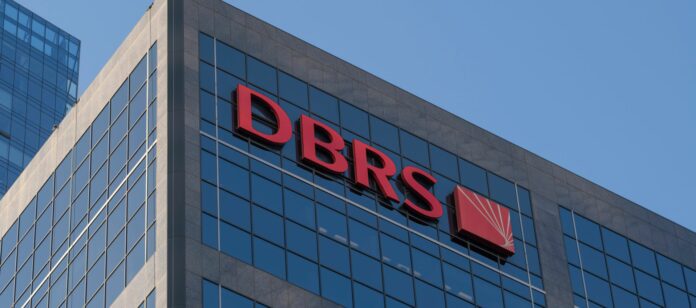DBRS is signaling a possible upgrade of Greece’s four systemic banks, following the faster-than-expected amortization of deferred taxes (DTC).
Deferred taxes are included in Greek banks’ capital, but are considered a weaker form of capital, a fact that is also reflected in Greek banks’ credit ratings. However, the plans presented by National Bank, Piraeus Bank, Alpha Bank and Eurobank for faster steps in the amortization of DTCs are assessed by DBRS as credit positive.
“We consider the expected acceleration in DTC amortization to be credit positive as this would allow for an improvement in the quality of banks’ capital as well as increase their strategic options for capital deployment,” said Andrea Costanzo, Vice President from the Morningstar DBRS European Financial Institution Ratings team.
“Our view is that banks should be able to absorb the impact from the accelerated amortization under the assumption that their profitability and organic capital generation remain adequate in the medium term, which is what we expect at this stage,” he added.
DTCs write–off
Greek banks have accumulated DTCs due to losses after the 2009 debt crisis. For systemic banks, deferred tax amounted to around 12.2 billion euros at the end of September 2024, down from 15.4 billion at the end of 2019. It represents around 48% of their CET1 capital on average.
Their annual reduction has ranged between 4%-6% since 2019. Based on the plans of the four banks, the reduction rate will increase further from 2025. The aim is to have fully written off DTCs by 2034, compared to an initial target of 2041.
Enhancing capital adequacy
DBRS also noted that the capitalization of systemic banks has strengthened in the nine-month period, despite the resumption of dividend distributions and significant disbursements of new loans.
At the end of September 2024, CET1 was on average at 16.7%, while the total capital ratio stood at 20.8%. They have strengthened from the levels of 15.6% and 19%, respectively, at the end of 2023.














